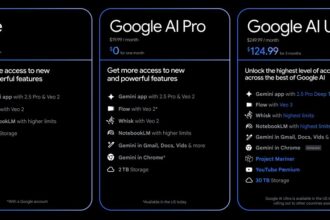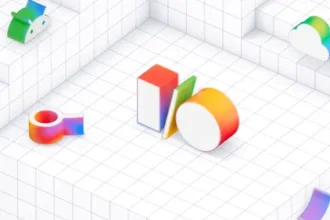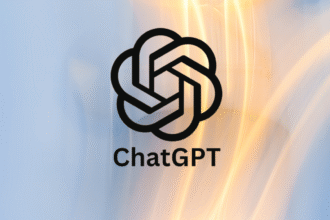This is the aftermath of the GPTs, as AI can now tell stories of your kid’s favorite characters, including non-cannon events. Luke Warner, a London-based developer, and father, turned this into reality using OpenAI’s latest tool, the custom GPTs.
The AI model is a story generator centered around a popular animated series “Bluey”. One thing about “Bluey” is that even with 151 seven-minute-long episodes of the animated series, there isn’t enough of it.
Instead of waiting for Australia’s Ludo Studio to release another season, Luke Warner took it upon himself to create an AI that can create more stories of the Brisbane-based family of blue heeler dogs for his daughter.
It’s called Bluey-GPT and starts each session by asking the users their name, age, and information about their day, then creates an individualized story starring Bluey and her sister Bingo. According to Luke Warner, this would make the stories more realistic and engaging.
Trademark and copyright issues
The problem with this GPT comes just five days after Warner advertised it on Instagram to put it up in the GPT store. He got a takedown notice from OpenAI. OpenAI’s takedown notice disabled the GPT from public sharing, limiting its use to only Luke and his daughter.
This comes as no surprise to Luke as trademarked names and images are, most times, copyright protected. But knowing which law this case follows is not a simple task because Luke is based in the UK, OpenAI in the US, and Ludo in Australia.
Meanwhile, copyright laws differ in each country, as they protect fictional characters in the UK and the US. But in Australia, just naming a character without adding further elements of the work won’t raise infringement concerns.
According to Xuyang Zhu, a lawyer on the technology, IP, and Information team at Taylor Wessing, the legal protection for characters in the UK includes names, backstories, expressions, and mannerisms. If someone reproduces the character in another context, imitating most of these areas, it can infringe on copyright.
Also, the right holders will take action if their characters are at risk of their reputation damaged. Or they could view it as fan fiction, which drives engagement towards the main characters. Besides, fan fiction isn’t new to the online space.
It’s more of a trademark issue than a copyright issue as the stories produced by the bot are so generic, with little in common with the Bluey characters besides names. Nevertheless, a user should not be able to create this without proper permission from the rights holders.
AI-generated stories may have copyright infringements, lack of quality control and require control. But if the situation is right, in terms of a book-bored child, a stressed parent won’t mind going that route to ease off the tension.
Parents might leave children to wander various open solutions without safeguards if they find the situation right, which could become an issue for children who might need extra attention.














